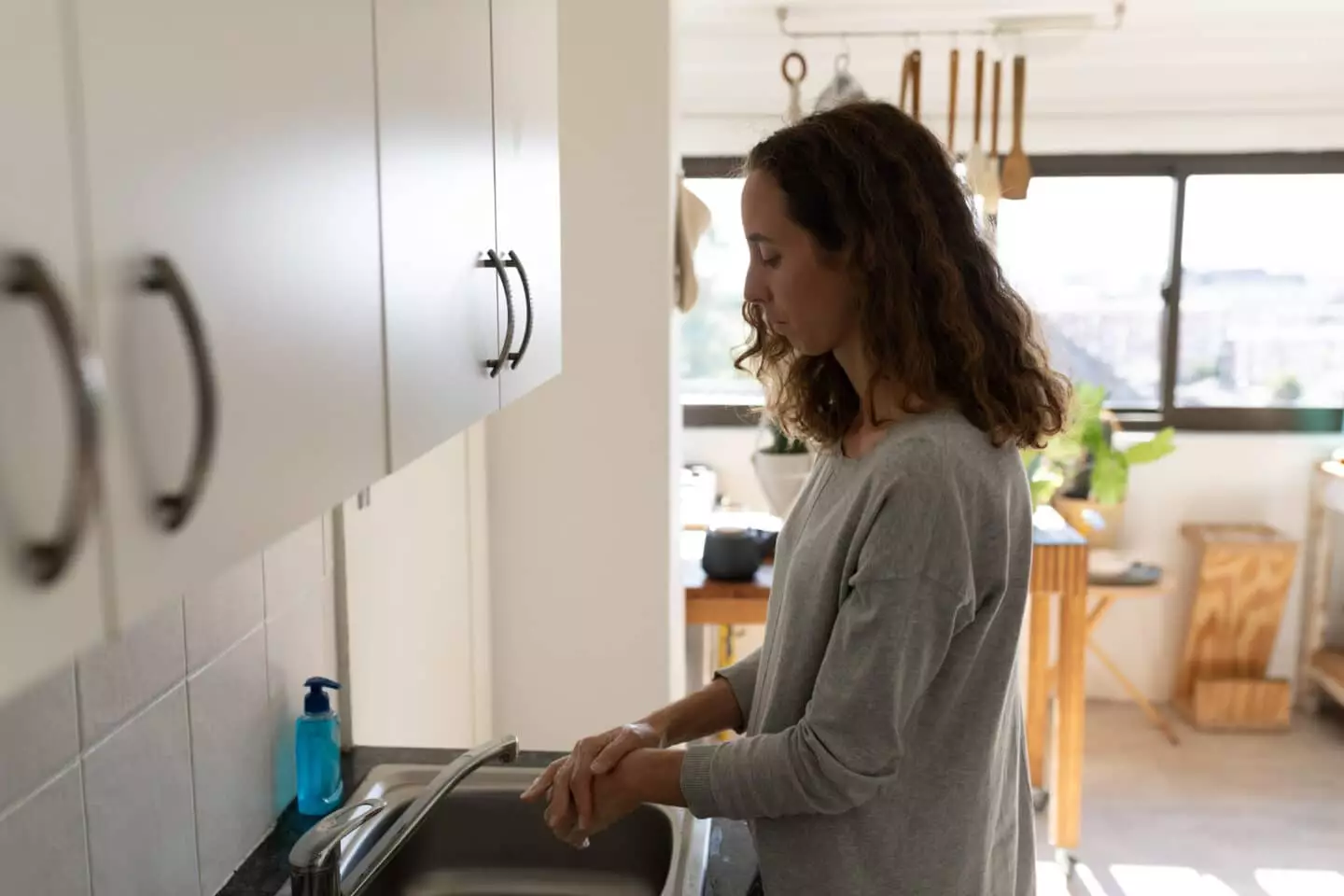Welcoming a new baby into the world triggers a whirlwind of feelings, intertwining joy with unexpected challenges. The early days of motherhood promise sweet moments and cherished memories; however, they often come with increased levels of stress and emotional turmoil. A mother may experience elation about her newborn but might also grapple with sleep deprivation, mood fluctuations, and sudden emotional outbursts. For many, these “baby blues” are transient, typically subsiding within a few weeks as hormonal levels stabilize, and self-care routines are reinstated. Yet, for some mothers, these troubling feelings persist and evolve into severe mental health issues, including postpartum depression (PPD) and postpartum anxiety (PPA).
While postpartum depression may initially masquerade as common baby blues, its effects linger far beyond the initial weeks of motherhood. Mothers experiencing PPD often describe feelings of hopelessness, isolation, and guilt that can interfere with their ability to bond with their baby and enjoy daily life. The emotional burden they carry can leave them feeling overwhelmed and disconnected.
Postpartum anxiety, on the other hand, presents a different but equally daunting challenge. Mothers with PPA often find themselves in a state of heightened alertness, plagued by racing thoughts and paralyzing fears about potential dangers surrounding their newborn. The continuous dread can lead to panic attacks and an inability to function effectively in daily life, affecting not just the mother but the entire family unit. Both PPD and PPA can manifest an array of physical symptoms, including fatigue and nausea, which exacerbate the difficulties of adjusting to new motherhood.
Offering Support: What to Say and How to Help
When supporting a loved one grappling with PPD or PPA, empathy takes precedence over platitudes. Oversimplified comments like “Just hang in there!” may feel well-meaning but can inadvertently lead to feelings of inadequacy or shame. Instead, attempts to connect through open-ended questions can foster a safe space for mothers to share their experiences without judgment. As Sarah Pool, a counselor specializing in postpartum issues, emphasizes, it’s crucial to listen genuinely rather than attempt to provide quick fixes or unsolicited advice.
Offering to assist in scheduling a medical appointment can also be a more profound act of kindness than merely suggesting online resources or self-help techniques that worked for someone else. Many mothers battling PPD or PPA struggle to seek help due to the weight of isolation and stigma associated with mental health challenges. Your support could make a significant difference in encouraging them to take that vital step toward recovery.
There are several misconceptions surrounding PPD and PPA that can hinder supportive relationships. A common fallacy is the attribution of these disorders to personal failures or poor decision-making during pregnancy. It’s essential to recognize that anyone can experience these challenges, regardless of their circumstances or choices. Factors such as previous mental health struggles or situational stress can heighten the risk for postpartum conditions, but they do not imply that the mother is to blame.
Assuring someone that “everything will be okay” can often feel dismissive to a mother in distress. Instead of making promises you cannot keep, validate their feelings and remind them that they are not alone in this journey. The emotional support from family and friends can serve as a lifeline during challenging times, helping to alleviate feelings of loneliness and isolation.
When reaching out to a friend or family member experiencing PPD or PPA, persistence is key. A negative response should not equate to an end of support. Understanding that bad days are part of the healing process is crucial. Letting them know that you will check in again—at a designated time—reinforces your commitment to standing by them while also giving them space.
Sarah Pool highlights the critical need for new mothers to have robust support systems. Instead of attempting to solve their problems or paint a sunny picture, being available emotionally and physically can provide the sustained support they need. Showing up consistently, without waiting for an invitation, can be transformative for a mother feeling the pinch of postpartum struggles.
Encouraging Professional Help as a Path to Healing
Ultimately, leveraging the expertise of medical professionals is vital for mothers suffering from PPD or PPA. Encouraging your loved one to seek help and ensuring that they know they don’t have to navigate this path alone can be empowering. Professional treatment joins hands with personal support, creating a comprehensive approach to recovery that acknowledges both emotional and psychological needs.
While new motherhood may yield a spectrum of feelings, navigating this time with empathy, understanding, and consistency can make a world of difference for those facing postpartum mood disorders. Strengthening your loved one’s support system can significantly ease their burden, fostering a path toward healing and hope.

